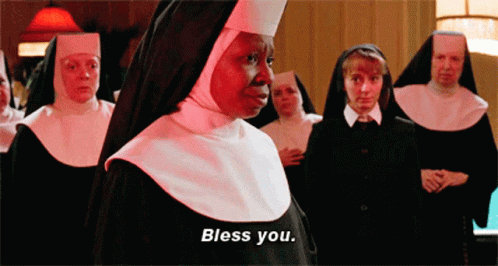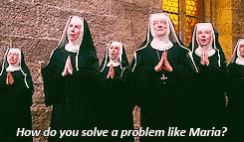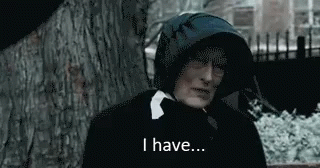
“Virginity according to the Gospel means renouncing marriage and thus physical motherhood. Nevertheless, the renunciation of this kind of motherhood, a renunciation that can involve great sacrifice for a woman, makes possible a different kind of motherhood: motherhood “according to the Spirit” (cf. Rom 8:4). For virginity does not deprive a woman of her prerogatives. Spiritual motherhood takes on many different forms. In the life of consecrated women, for example, who live according to the charism and the rules of the various apostolic Institutes, it can express itself as concern for people, especially the most needy: the sick, the handicapped, the abandoned, orphans, the elderly, children, young people, the imprisoned and, in general, people on the edges of society. In this way a consecrated woman finds her Spouse, different and the same in each and every person, according to his very words: “As you did it to one of the least of these my brethren, you did it to me” (Mt 25:40). Spousal love always involves a special readiness to be poured out for the sake of those who come within one’s range of activity. In marriage this readiness, even though open to all, consists mainly in the love that parents give to their children. In virginity this readiness is open to all people, who are embraced by the love of Christ the Spouse.”- (“Mulieris Dignitatem (August 15, 1988), John Paul II
To pick up from where we left off last week, in evaluating this case, one must also consider that Sister Aloysius is not the only person claiming to care for Donald. Additionally worthy of consideration is the way in which her actions conflict with the actions of those others, as well as the net outcome for Donald, and whether she can even be considered to be a one-caring despite her obligation, based on her motivation. Once again, the lack of clarity about Father Flynn’s true intentions as well as hers creates problems. For example, we do not know what happens to Donald after Father Flynn leaves, and if he graduates.
Would Sister Aloysius have followed through on the threat of her blackmail had Flynn refused to resign? As with deontology, because of this lack of clarity, it is difficult to assess what a reasonable care ethicist would or should have done in this situation, given that care ethics is even more open-ended than deontology. To establish her obligation, let us look at the factors which care ethics considers relevant, his level of vulnerability or dependency.
Catholic nuns are to be care to all people they encounter, but one can infer that this applies to a particular degree due to the fact that Sister Aloysius is principal of Donald’s school, and not only has she taken vows to serve the church and Jesus, and one could argue that she is undermining the formal structures of the church, but keeping it safe from the influence of evil, as she would argue even outside of Donald’s case, but in her conflicts with Flynn in general, as well as what he represents.
Returning to the concept of spiritual motherhood, most Catholic nuns cut themselves off from being the mother to just one specific child, but in exchange symbolically and in practice embrace a kind of holy and universal spiritual motherhood, with their row of chastity serving as a reflection of Jesus as their perfect spouse spiritually.
See you next week!


 Link source
Link source